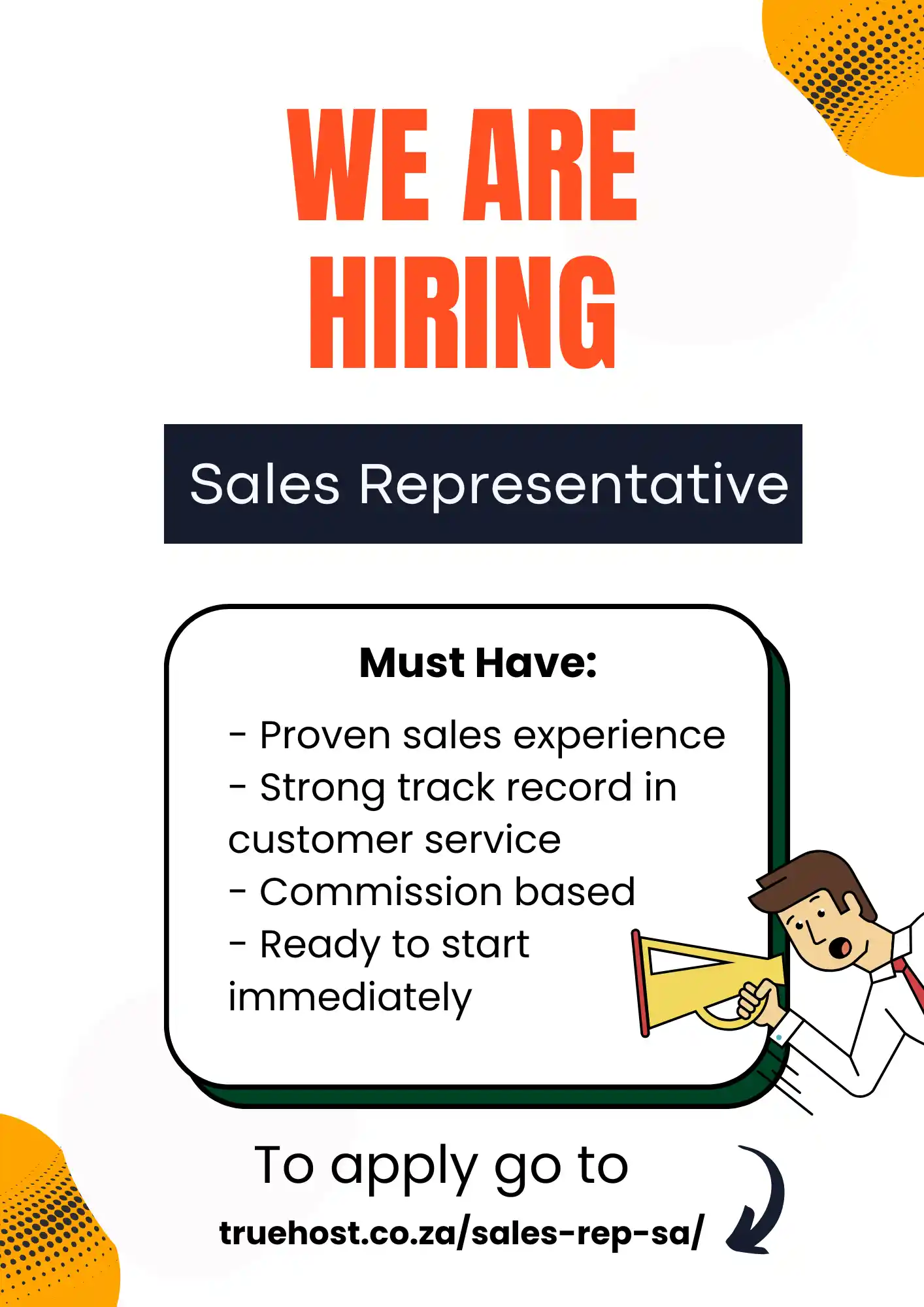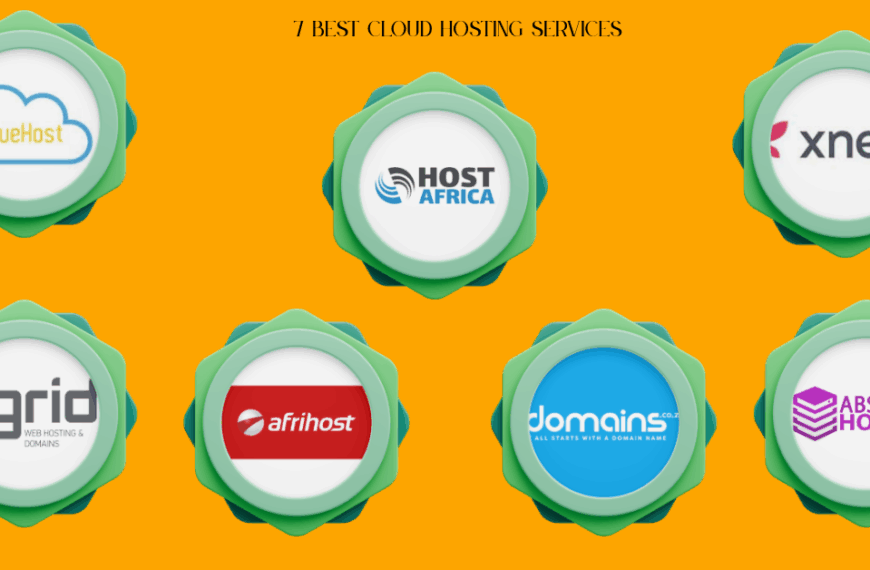It is never too early to start planning for your business! This blog post is all about writing a business plan in South Africa.
We will discuss the various sections of the plan, and how to fill them out. There are also plenty of resources at the end that will help you get started on this important process.
Table of Contents
What is a business plan?
A business plan is a written, formal strategy that outlines your goals and how to achieve them.
Even the smallest companies need some kind of plan for their future success.
It is like prepping before you go on vacation: you are not guaranteed any problems will happen, but it helps if you know where all the closest gas stations are just in case there’s an issue with getting more fuel.
The same principle applies here: writing a business plan in South Africa gives you time to think through everything and make sure nothing slips between the cracks.
Why do you need a business plan?
Business plans give you a chance to assess your company’s strengths and weaknesses.
When it comes down to the nitty-gritty, business planning is all about making sure that you are prepared for anything in this unpredictable world of entrepreneurship.
What should I include?
There isn’t one standard format for every company; however, most plans follow these general guidelines:
- Executive Summary
- Company Description
- Mission & Goals Strategies
- Financials Appendix
If sounds intimidating or confusing don’t worry! We’ll go over each section in detail.
How To Write a Business Plan in South Africa
What is an executive summary?
The executive summary is a high-level overview of your business plan, and it’s one of the first things people will see when they are reading through your business plan in South Africa.
This section needs to be short (about two or three pages) but comprehensive; that means you should include all the critical information here while still keeping it interesting for readers.
It should do four important jobs:
- Introduce yourself and your company
- Give background on why you started this project
- Describe what you want to accomplish with this document
- Highlight any challenges ahead
Remember, if someone were deciding whether or not to read further, would their decision change based on what they learned from the executive summary alone?
What goes in the company description?
The company description is a little more detailed than an overview, but not quite as long or involved as the rest of your business plan in South Africa.
In this section, you will want to state what industry you are in and why it is important (how does this help customers?).
You should also describe how big your market is, where your competition lies, and who will be buying from you.
What do I put in my mission statement?
Your mission statement highlights your goals for expanding into new markets/products/services.
It includes details on why exactly yours is a worthwhile venture.
Think about the reason behind setting up shop: if someone approached you with funding tomorrow would that have anything to do with why you started doing whatever it is you do?
If not, then your mission statement might need some work.
What are strategies and how should I use them?
Strategies detail the steps you’re taking to accomplish your goals!
These can range from building a team to developing new products.
You don’t want to get too specific here; that is what the financial section is for–strategies are more about giving yourself time management tools so you know when milestones will be reached!
It also helps if these plans have an element of flexibility in case something unexpected happens along the way.
How much does it cost?
The final sections of your business plan in South Africa involve numbers: revenue projections, expenses, etc.
There isn’t one standard format or formula but there are plenty of resources available on how to calculate them.
Basically, you want your financial section to show how the business will make money and what it will cost to run it!
What else do I need?
Your business plan in South Africa should also include a cover page (with all of these details on there as well) and an appendix for additional information such as market research or employee resumes.
With so much involved in creating a successful business plan in South Africa, don’t be afraid if this stage takes a while–just remember that once you have got everything together you are really one step closer to making your dreams come true.
When do you need a business plan?
- You need a business plan if you are;
- Seeking funding, investments, or loans
- Searching for a new partner or co-founder
- Attracting, hiring, and retaining top talent
- Experiencing slow growth and need a change
Tips to write a business plan in South Africa that will stand out
a). Easy to read
Make sure your business plan is easy to read and the sections flow together.
Showcase lots of visuals and charts – these will keep readers’ attention!
The goal here isn’t just about getting people interested in what you’re doing, it’s about convincing them that they should invest or buy into your idea too.
b). Keep it brief
Don’t go overboard with the length of your business plan!
A page a day doesn’t seem like much but by month’s end, you’ll have a sixty-page document that will turn off all but the most dedicated readers.
Just give enough information to paint a picture and then let it shine through the action
c). Be smart about what you include
The financial section is going to be one of, if not THE most important part of your business plan–don’t forget that!
It needs concise explanations as well as relevant numbers; don’t just write down random expenses or revenue projections (unless this is how you actually work) because these things need context in order for someone reading this document now to understand them later on when they’re doing their own calculations.
Remember that a business plan in South Africa isn’t just about making your idea look great, it is also about getting you closer to achieving the goals YOU set out for yourself.
Be confident in what you’ve written and make sure any feedback from readers is constructive rather than telling them they should have done something differently if there wasn’t a reason why they did it this way instead.
d). Proofread!
Nothing is worse than typos or grammatical errors in a business plan–it makes you look unprofessional and careless.
Make sure everything has been double-checked before submitting!
Remember that this document should be your guiding light throughout the entire process so take care of it as best you can to ensure it’s always working for YOU rather than against you.
Business plan template in South Africa
Even if you don’t plan to seek investments, it is good to write a business plan. There are other reasons for this, use this business plan template in South Africa:
- Writing out your goals helps you see what you want to accomplish. You can make more of a plan for what to do next.
- It is a chance to better understand your market (e.g., demographics, behaviors)
- You can make sure that everyone on your team is doing their job. Set up the roles for each person and tell them how to do these jobs. Make sure you set goals for each person.
- Team members can also refer to the document to stay on track
- Catching errors before they happen is important. It helps you make sure financial projections are accurate.
- You’ll be able to see the problems that could come up in the future.
Final thoughts on how to write a business plan in South Africa
Writing a business plan can be tough, but it’s also one of the most important steps in starting your own company.
Remember to take care of every aspect and don’t let anyone tell you that their way is the only way.
It doesn’t matter if this is your first time writing or your fiftieth–just make sure everything comes together as soon as possible so you can actually get started on building YOUR empire!
 Web Hosting
Web Hosting Windows HostingBuilt for Windows apps and websites – stability, speed and flexibility
Windows HostingBuilt for Windows apps and websites – stability, speed and flexibility Reseller HostingLaunch a hosting business without technical skills or expensive infrastructure
Reseller HostingLaunch a hosting business without technical skills or expensive infrastructure Affiliate ProgramRefer customers and earn commissions from sales across our platform
Affiliate ProgramRefer customers and earn commissions from sales across our platform Domain SearchFind and secure a domain name in seconds with our quick lookup tool
Domain SearchFind and secure a domain name in seconds with our quick lookup tool CO ZA Domains
CO ZA Domains All DomainsExplore domain names from over 324 TLDs globally – all in one place
All DomainsExplore domain names from over 324 TLDs globally – all in one place Free Whois Lookup Tool South Africa
Free Whois Lookup Tool South Africa VPS
VPS SSLs
SSLs









